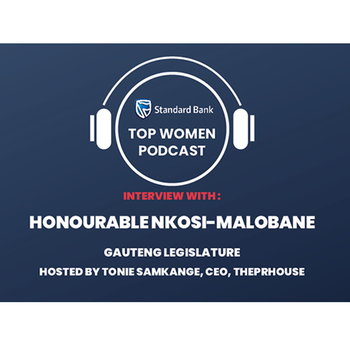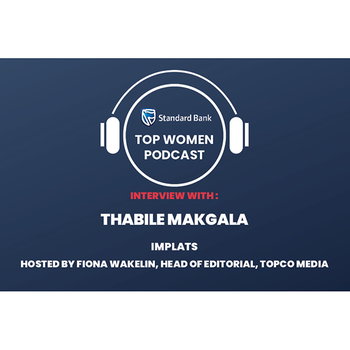
Janine Ahlers on looking inwards and addressing the misconceptions around coaching
Loading player...
When it comes to coaching − both personal and professional − there is often a massive misconception around how it’s done and what the goal is. What generally comes to mind is sitting down with someone and being given a set of instructions on how to do things. For this reason, coaching often gets a negative connotation, especially from those who struggle to take orders. =
There’s a science behind coaching and a strong link to neuroscience. In order to create change, we need to understand how the brain naturally functions. Coaching, which ultimately aims to transform the way people think, react and behave, takes into account how the brain reacts to change so that strategies can be aligned and implemented accordingly. Our brains have their own inherent way of doing things, but unfortunately, sometimes wires can get crossed and we need a little help.
Contrary to what many people think, professional and personal coaching is not about giving advice or being told what to do. It’s about being readily equipped with the tools needed in order to improve performance in various aspects. There has been a shift away from telling people what to do and towards making suggestions and collaborating as a team. Moving towards a coaching culture means adopting a specific style in which we interact with people both inside and outside the workplace.
As a professional Integral Coach and Academic Director of the Centre for Coaching , Janine Ahlers is a guru in the field of Integral Coaching − a form of coaching with a sound theoretical base. In this week’s Top Women podcast, Topco Media CEO, Ralf Fletcher sits down with Janine to discuss the ins and outs of coaching, why we should always look inwards and the secrets to successful leadership.
There’s a science behind coaching and a strong link to neuroscience. In order to create change, we need to understand how the brain naturally functions. Coaching, which ultimately aims to transform the way people think, react and behave, takes into account how the brain reacts to change so that strategies can be aligned and implemented accordingly. Our brains have their own inherent way of doing things, but unfortunately, sometimes wires can get crossed and we need a little help.
Contrary to what many people think, professional and personal coaching is not about giving advice or being told what to do. It’s about being readily equipped with the tools needed in order to improve performance in various aspects. There has been a shift away from telling people what to do and towards making suggestions and collaborating as a team. Moving towards a coaching culture means adopting a specific style in which we interact with people both inside and outside the workplace.
As a professional Integral Coach and Academic Director of the Centre for Coaching , Janine Ahlers is a guru in the field of Integral Coaching − a form of coaching with a sound theoretical base. In this week’s Top Women podcast, Topco Media CEO, Ralf Fletcher sits down with Janine to discuss the ins and outs of coaching, why we should always look inwards and the secrets to successful leadership.



